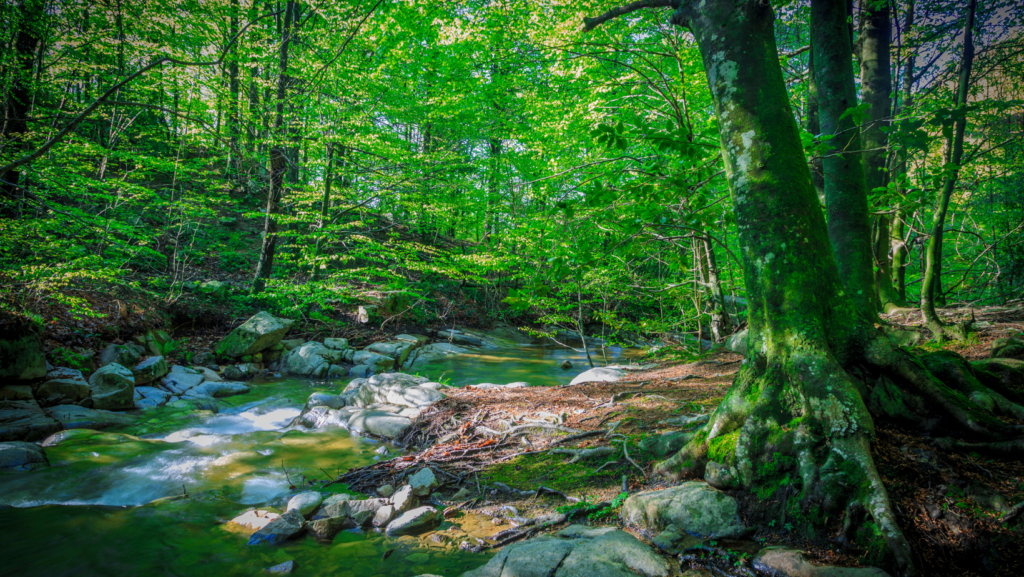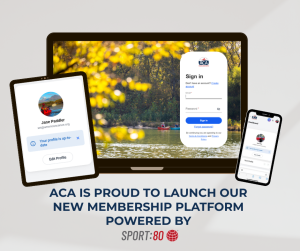
Posted: 2/27/2024
By: Brett Mayer
In recent years, conflict between fisherman and private property owners exerting ownership of the streambed has led to legal disputes regarding public access to fish on these waterways. HB 1172 attempts to clarify Georgians’ right to boat, fish and hunt on the state’s navigable streams, it does not clarify boating rights on smaller streams that do not meet Georgia’s test of “navigability” which dates back to an 1860’s definition for river freight.
Navigability laws in many states across the country have evolved to support the interests of recreational activities and moved away from archaic definitions that rely on defining navigability through commerce. Unfortunately, Georgia is a state that continues to rely on outdated definitions of navigability. Essentially the term “navigability” continues to be conflated with the idea of legal passage. The paddling community prefers the two to be legally separate, but so long as they are considered the same, we want to ensure what is considered legally navigable extends to the farthest reaches of waters we paddle within the state of Georgia.
The current omission leaves hundreds of miles of rivers and streams – including designated water trails and frequently paddled destination rivers – implicitly at risk of being declared or presumed “non-navigable, which puts our rights to paddle them legally in question.. On such streams, riparian property owners—who own to the centerline of the stream—can assert their property rights and prohibit boaters from passing down that stream. Over the years, Georgians have lost the right to travel on multiple streams and rivers by this means.
In addition to HB 1172, an additional bill to specifically clarify which streams in Georgia are navigable has also been introduced.
HB1397 lists all the streams in Georgia “presumed to be navigable”. The public’s right to boat on streams not included on this list is uncertain. We know that sections of the South River Water Trail, the Yellow River Water Trail, the Upper Chattahoochee River Water Trail, the Conasauga Canoe Water Trail, the Coosawattee Watershed Water Trail, as well as several branches of Chickamauga Creek have been left off the list.
In sum, if your favorite river or stream is not on the list of the 64 rivers and streams in HB1397, it could possibly be at the risk of closure from private interests.
ACA is participating in a collaborative effort along with Georgia River Network, American Whitewater, Georgia Canoeing Association as well as many other paddling stakeholders to persuade Georgia legislators to follow the regional “pleasure craft” precedent set by Tennessee, North Carolina and South Carolina to allow boaters to float rivers capable of floating a craft.
Send an email to Georgia legislators and let them know that paddlers throughout the Southeast and across the nation are concerned about this precedent.
CLICK HERE to ask Georgia legislators to oppose HB 1397!
If you would like to continue tracking our progress, please follow Georgia River Network or ACA Georgia on Facebook. There is a Facebook Live scheduled for March 4 and a Zoom meeting for interested paddlers on March 7.
This story is evolving, and we will update this page with relevant information.

